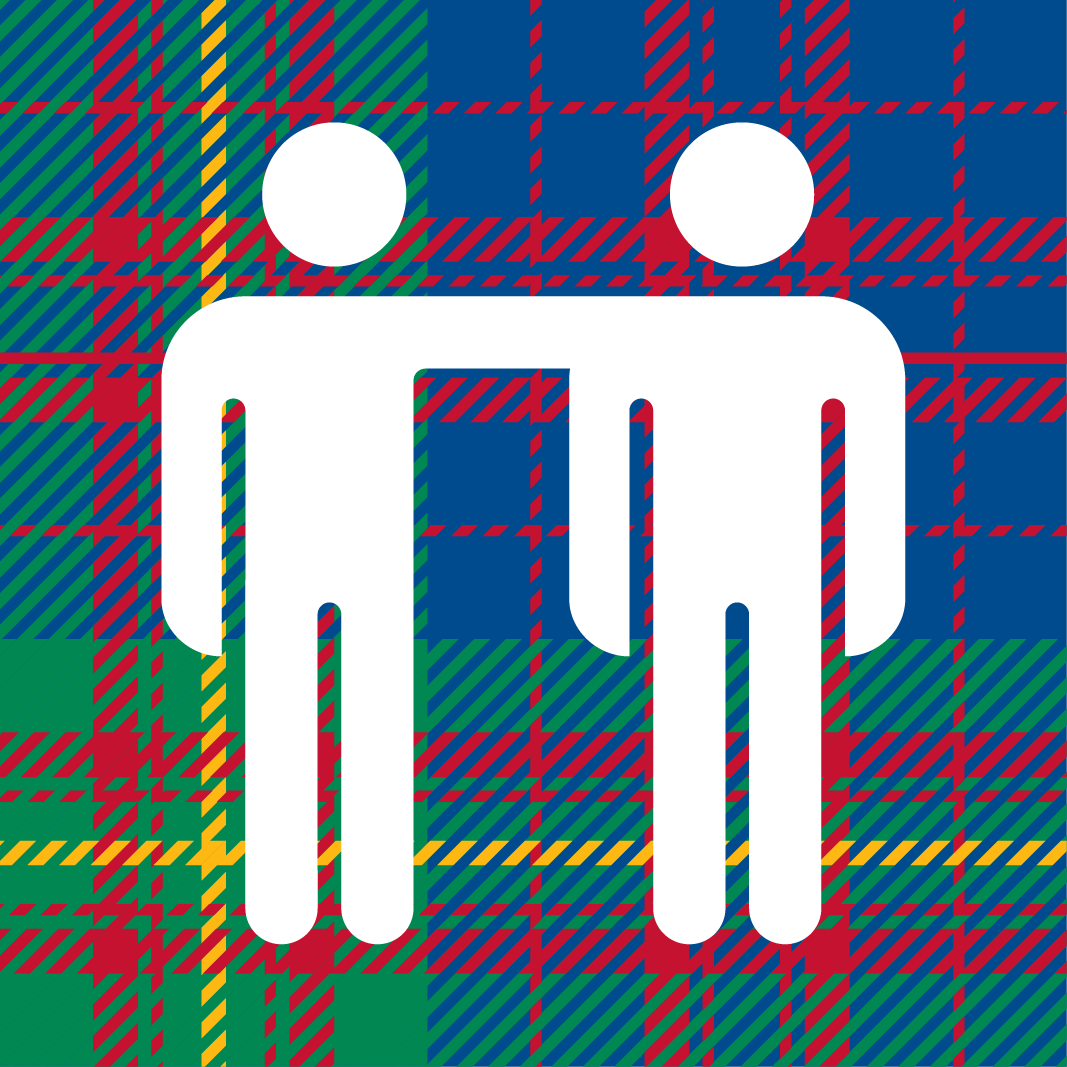Social justice fundamentally deals with an individual’s relation to society and whether individuals have a just standing in society. So naturally, we talk of social justice with regards to those in society who are worse off in some way as compared to others in society. We then think of those worse off as suffering a social injustice, as they do not have a similar standing to the rest of society.
This seemingly simple idea is complicated when you start to discuss the ways individuals (or groups of individuals) have a worse off standing in society, and the solutions to such injustice are often even more difficult to agree on. Central to social justice is a desire for equality, sometimes referred to as fairness, in society. However, what should be equal among individuals in society? Should we should strive for equality of opportunity or outcomes? Perhaps it depends on the particular issue?
These fundamental questions about what types of equality matter have profound implications in practice, as they will affect how society chooses to allocate its finite amount of resources to individuals. The fact that such resources are finite seems to imply that to equalize society you must lower some individuals’ statuses to improve others. But is this always the case? Will you have to infringe upon the freedoms of some individuals to gain equality? Conversely, does inequality mean society is infringing upon the freedoms of the less fortunate?
Finally, there is the issue of who is in charge of equalizing society. Usually we think of this as being a job for the government, however, could other forces provide equality to society? For example, can a free market provide social equality? Ultimately, what is the best way to ensure social justice and in what areas of society should we have social justice?
